In the life of almost every young family, there comes a moment when it is replenished with another unit - a wonderful baby. In the process of growth and cognition of this world, a child goes through several stages of enlightenment: from caring and raising a mother through kindergarten to a comprehensive school. Already not small, but not quite adult, the child does not stop worrying parents and disturbing them with their relationships with peers, their academic performance and mutual understanding with teachers. And, alas, nowadays an unpleasant situation is becoming far from uncommon when a teacher underestimates grades in working with a child, due to some misunderstanding or someone’s personal ambitions. What if such cases occur? Where to go? And how to deal with this kind of unprofessionalism?
The pedagogical problem of our time
Unfortunately, to date, the profession of a teacher has become almost a titanic work. Despite the demand for good and competent specialists, there is no proper respect for them either from the state apparatus or the allocation of funds from the budget in the proper amount as a salary, nor from society, nor, especially, children. An ungrateful attitude towards teachers is found today everywhere and everywhere, although this is precisely the group of people to whom every conscious citizen should be grateful for the contribution that they once made to its development.
However, there are opposite situations that open the reverse side of the coin: not only the student can be unfair to the teacher, but it also happens that the teacher himself underestimates the child’s grades, is biased towards him or behaves somehow unedagogically towards him. What is the reason for this? Why does such an omission happen in the education system? And how to respond to parents: what if the teacher understates their child's grades? To begin with, you need to have a clear idea of a qualified specialist who carries out training activities on a school basis. What kind of professional teacher is he?
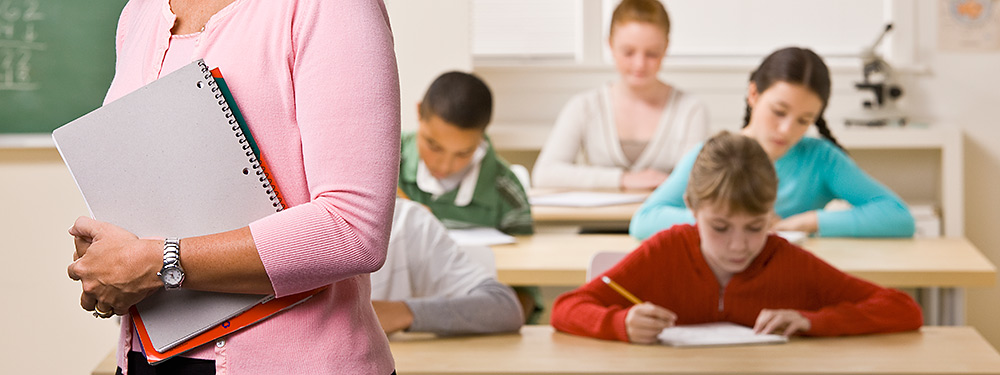
What should a teacher be like?
In fact, only an expert in the same field of activity at a higher level can give an objective assessment to a teacher. But often the degree of qualification and pedagogical makings of a teacher today is determined by the parents who are given to him in the care of the children. The Parents' Committee carries out social activities of the class and, together with the teacher, functions for the benefit of their own children. In this joint work and in the effectiveness of the lessons conducted by the teacher, parents consider the teacher’s presence of those main qualities that are so important for them to educate their children, namely:
- the education of the teacher himself - it is important for all fathers and mothers to understand that they gave the child into the hands of a person who fully possesses the necessary knowledge and specialized education;
- his ability to convey material - you can be an excellent specialist in your subject, but you absolutely cannot be able to explain it in an understandable way and present information in an accessible manner to the younger generation;
- a positive attitude towards children - not a single competent specialist will be able to carry out his activities qualitatively if he initially does not know how to work with children and find contact with them.
Accordingly, when parents notice that the teacher deliberately understates their children, the question is whether he has all the qualities that should be present in the arsenal of skills of each specialist in the field of pedagogy.

Why do non-professional teachers meet?
In fact, there are specific prerequisites for the fact that the wrong person can hold the position of teacher.
Firstly, the education system today is not adequately funded - this applies specifically to the general educational stage: schools, lyceums, gymnasiums. Low salaries do not appeal to qualified professionals, and they turn to more profitable employment options, and less educated teachers with a lower coefficient of professionalism go to work in modern schools.
Secondly, teachers of the school staff with insufficiently high level of pedagogical skills are prone to transfer personal hostility to students in the educational process. Hence the consequence of the fact that the teacher underestimates the grades. If the emphasis is precisely on the non-pedagogy of the teacher, then perhaps the key point in this problem is the inability of the teacher to distinguish between personal negative and the educational process. This is the lack of professionalism of most of these teachers.
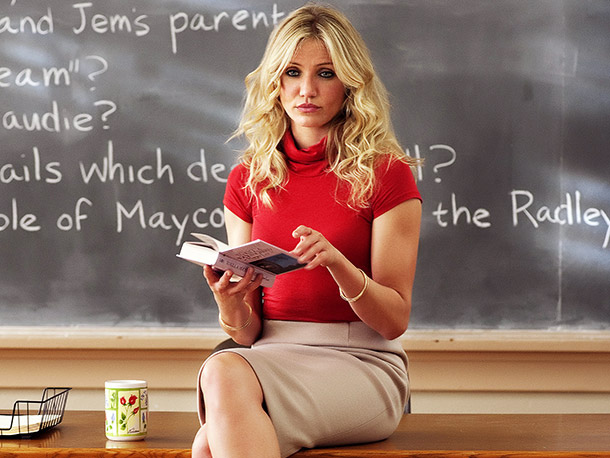
What is pushing teachers for pedagogical crime?
But why do teachers underestimate their wards? What is the reason for this behavior? The reasons for this may be a lot:
- antipathy to the student - the child may initially be unpleasant to the teacher, and because of his anti-pedagogical behavior, the latter may not act according to the charter;
- unsatisfactory behavior of a schoolboy - a fidget constantly violating discipline can, at a subconscious level, seriously annoy a teacher, which is why he is subsequently inclined to violate the rules of the educational process in relation to this particular student;
- insults from the student towards the teacher or his family members are probably the most common reason for the teacher’s non-pedagogical behavior, based on the hurt feelings of the teacher as a person.
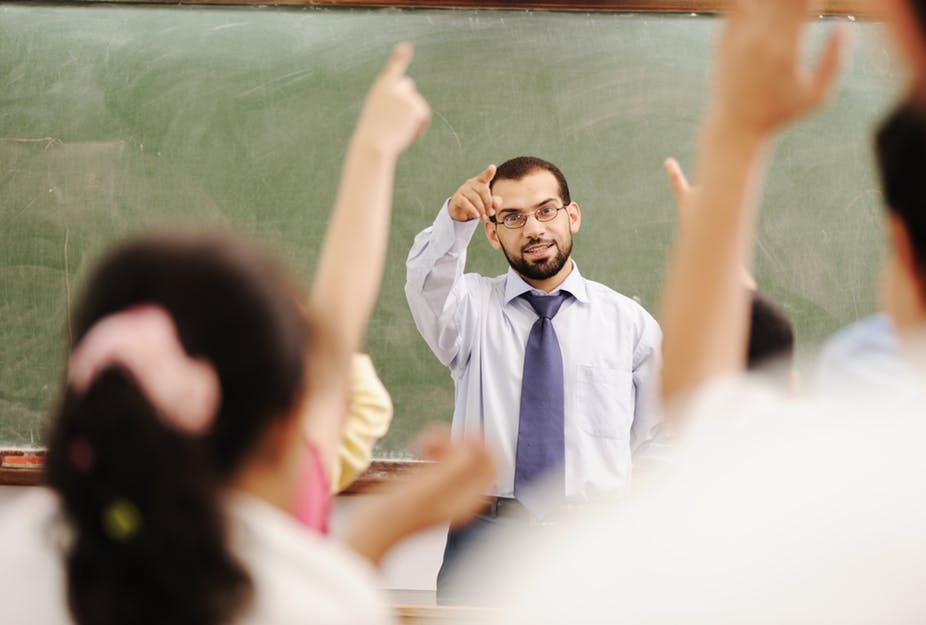
Objective assessment of the situation
And yet, what if the teacher understates the grades? A very important point in such a situation, if one has already developed, is an objective analysis of what happened. Typically, such cases are transmitted by children to parents in a much more distorted form than it actually is. And instead of rushing headlong to the headmaster with complaints, parents should make sure the truth of their child’s words. If the child thinks that he is being infringed or deliberately underestimating his level of knowledge, this is not a reason to succumb to his assurances, as one hundred percent information. Such cases require detailed consideration.
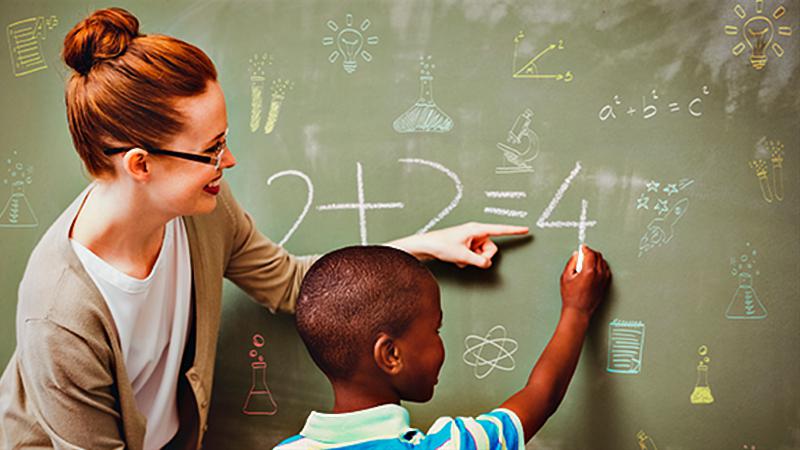
Parent Action
If, nevertheless, the information was confirmed, and the teachers were really convicted of such a pedagogical crime, first it is worth assembling a parent committee and stipulating the situation at the class level, without going beyond its framework and “not taking dirty linen out of the hut,” as it is commonly said. If it turns out that such a situation developed for the first time, that the other parents did not have such problems with this teacher, you need to invite the teacher himself to negotiations and find out with him all the moments that concern both sides. Talk and find out why the teacher understates the child's grades - perhaps everything is not so bad and the problem can be easily solved. The positive result of such a conversation is often the elimination of misunderstandings between parents, students and the teacher, as well as the transition to normal relationships in the subsequent educational process.
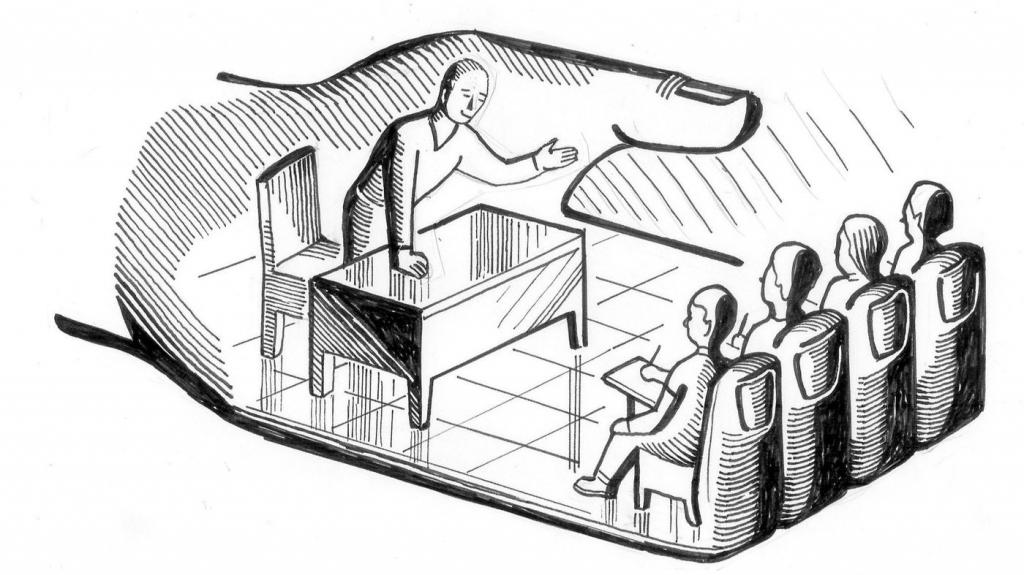
Where to go if the teacher understates the grades?
If a personal conversation did not lead to anything, and the warring parties did not come to consensus, more radical measures should be taken. First, the director must be aware of what is happening - having informed him and demanding a solution to the current state of things, the parent will provide his child with a replacement teacher or will achieve, thusmore loyal to him. If the situation has not changed at the director level, there are higher authorities where you can file a complaint - the district executive committee, the city government or, finally, the ministry of education.
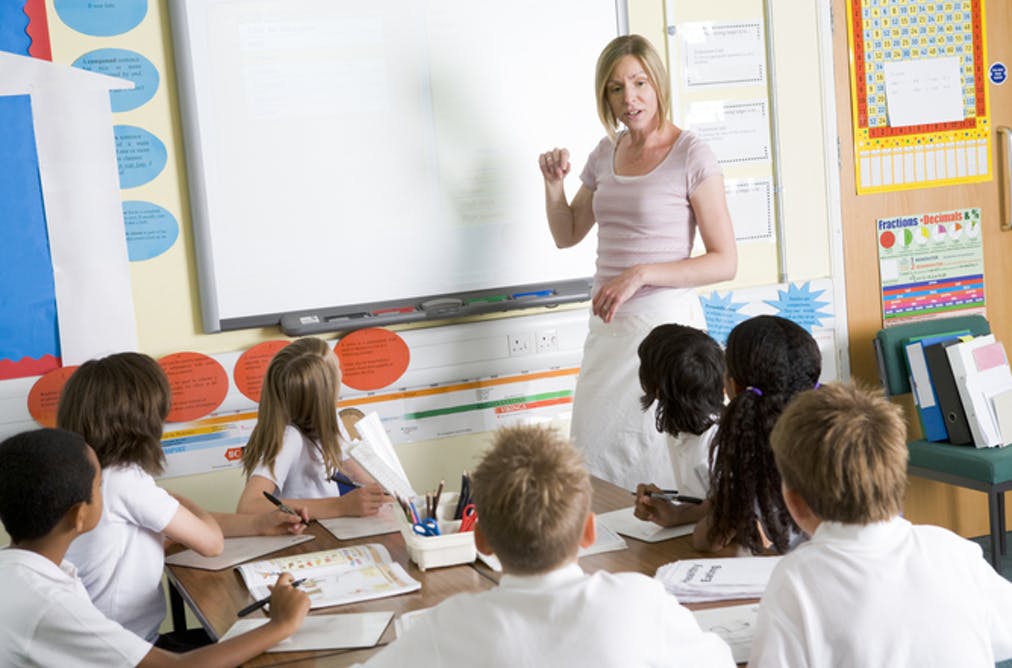
How to deal with such situations?
Does the teacher have the right to underestimate the student? Not. There is not a single good reason for this. In order to prevent such situations, the school principal should be more selective about candidates for vacant teacher positions, and the parent should monitor his child’s behavior more carefully and conduct more conversations about his educational process and his relationship with the teacher as a whole.
